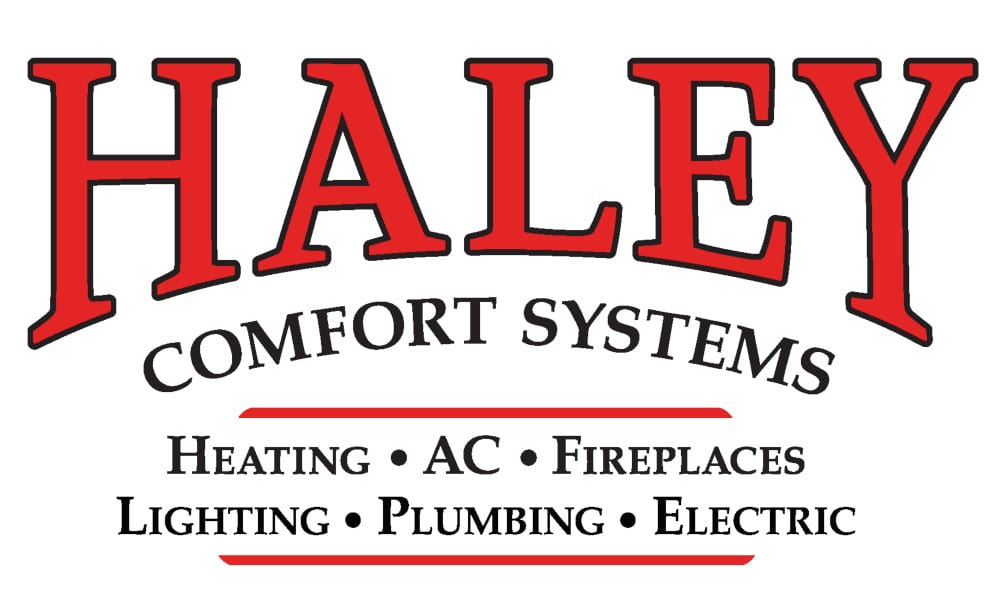During the wintertime, running the home heating system is very likely to make up a significant portion of your home energy consumption. While this expense may be necessary for keeping the home warm and comfortable during the cold winter months, many homeowners do not realize that there are steps that can be taken to significantly reduce the amount of energy consumed by their furnace. By following a few of these tips for furnace efficiency, you can keep your home nice and warm, while also limiting the amount of money that you have to pay on your utility bills.
Regularly check and change/clean filters
This is one of the steps that require the least amount of effort, while also providing a really good return on the efficiency. The furnace filter is one of the most important components of the home heating system. It protects the furnace from dirt and dust and by doing so, it helps to keep the furnace running properly. However, as the heater runs, the filter becomes clogged with the dirt and dust that passes through the system. As the filter fills with this dirt and dust, it obstructs the airflow to the system and in turn, the system will operate less efficiently.
The filter should be checked at the beginning of every usage season and then every month thereafter. Depending on the type of heater that you have, the filter will need to be replaced or cleaned when it is found to be clogged and dirty. This will keep the furnace running efficiently and help to keep it in good working order.
Yearly maintenance and inspection
It is recommended that homeowners schedule an appointment with an HVAC professional for inspection and maintenance of their furnace at the beginning of every usage season. With a yearly maintenance and inspection of the heater, the homeowner can rest assured that their furnace and all of the parts are clean and operating to its best efficiency. This is important to not only ensure the efficiency of the unit, but it also gives the technician a chance to catch any minor problems with the system before they turn into major problems. It might require a little out of pocket expense, but it is a good investment toward keeping your furnace efficient and extending its operating life.
Clear obstructions from vents and intakes
The more freely that air can flow into and through the heating system, the more efficiently that it will operate. One problem that can cause the heater to run less efficiently is when household objects are placed in a way that limits the airflow to vents and air intakes. To increase efficiency, the homeowner should go around the house and inspect all of the vents and intakes. Look to see if objects like furniture or drapes are obstructing the airflow. If there is an obstruction, find a way to open up the area around the vent.
Install a programmable thermostat
One of the reasons that many home heating systems do not run efficiently is because the thermostat isn’t very smart. The standard thermostats that only allow for temperature control are simply inefficient. With a programmable thermostat, you can set the system to run at comfortable levels when it is needed and to run less during the off hours of the day. With the consistent temperature control of a programmable thermostat, the homeowner can significantly reduce their energy consumption.
Make your home efficient
While there are many steps that can be taken to improve the efficiency of the furnace itself, much of its efficiency will also be dependent upon how efficiently the home uses the heat that it provides. In a way, the building is a part of the home heating system. If the building does a poor job of retaining the heat that is provided, the efficiency of the system will be reduced. Check the areas around windows and doors to make sure that they are not drafty and check the insulation in areas like the attic to ensure that it is doing a sufficient job of keeping the heat in the home.
Taking steps to ensure that your home furnace is running to its best efficiency should be a concern for every homeowner. Increased efficiency will not only reduce your home heating expenses, but it will also extend the life of the furnace itself. Along with that, it will help to reduce resource consumption and the impact that your home has on the environment.
